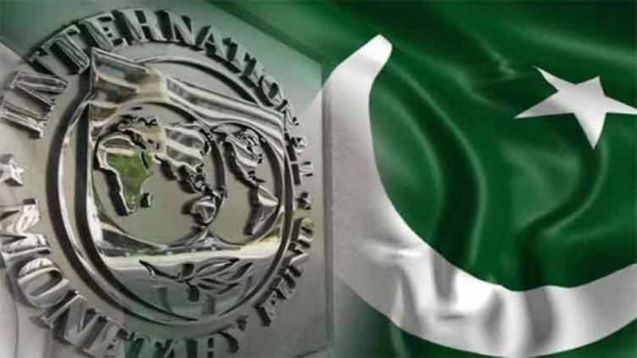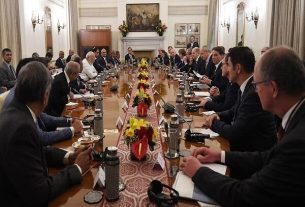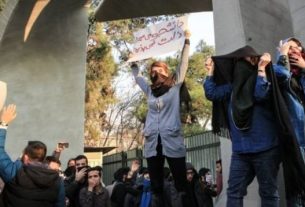Pakistan is on the brink of an economic collapse as it grapples with a severe financial crisis marked by dwindling foreign reserves, soaring inflation, and a looming debt default. While the government negotiates a crucial $7 billion bailout with the International Monetary Fund (IMF) expected to approve in this month by the IMF, the roots of the crisis lie in systemic corruption, wasteful spending by the elite, and disastrous energy sector deals.
The country’s lawmakers, military generals, and bureaucrats continue to enjoy extensive privileges funded by taxpayer money, placing a heavy burden on Pakistan’s already strained finances. Costly contracts with Independent Power Producers (IPPs) are draining national resources, with guaranteed capacity payments in dollars even when plants remain idle, contributing to an unsustainable $15 billion energy sector debt.
The IMF has demanded sweeping reforms, including subsidy cuts and renegotiation of these contracts, to restore fiscal stability. But the government is unwilling to renegotiate these contracts as many of them owned by the politicians and elite class directly or indirectly. However, such measures have sparked public protests and political instability, with critics accusing the government of yielding to foreign pressure at the expense of its citizens.
With Pakistan’s fate hanging in the balance, calls for transparent governance, accountability, and substantial economic reforms have grown louder. The next steps will determine whether the nation can steer away from crisis or continue its downward spiral.





